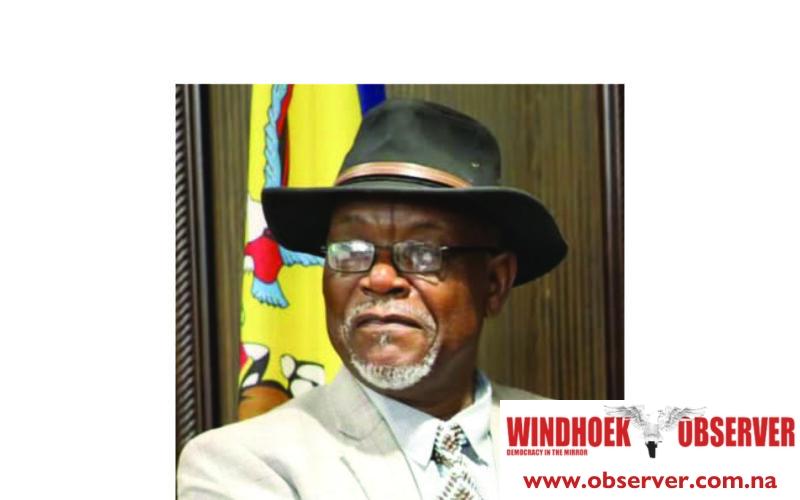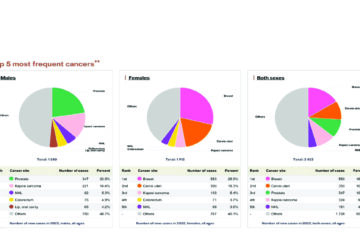Renthia Kaimbi
Chief Sakarias Seibeb of the Dâure Daman Traditional Authority has rejected a proposal to reintroduce lions and other large carnivores into the Sorris Sorris Conservancy.
He cited prevous livestock losses and the lack of compensation for affected farmers.
The proposal was discussed by the Sorris Sorris Conservancy Management Committee and linked to the Lion Rangers Programme, which works with communities on the conservation of desert-adapted lions in northwest Namibia.
Seibeb confirmed the request but said the community would not accept it.
“Our people suffered the loss of their livestock, donkeys and even pet dogs to lions in the past without any compensation. There is no way I am going to allow the introduction of any carnivores in the Sorris Sorris Conservancy because the plight of the farmers and their livestock falls back on our traditional authority,” he said.
He referred to a pride introduced between 2018 and 2019 that caused damage to farmers.
“The previous pride seemed somewhat domesticated and used to linger around homesteads looking for prey,” he said.
He said the situation became so severe that he asked the ministry of environment, forestry and tourism (MEFT) to remove the animals, which were later translocated.
John Heydinger of the Lion Rangers Programme responded to the chief’s comments, saying the programme had not requested a translocation.
“The Lion Rangers Program has not requested the translocation of any lions,” he said.
He explained that the programme only supports community discussions.
“We would be most interested to hear the community’s perspective on the Joint Management Area as a suitable place for lions to inhabit. Most likely lions would reoccupy the area only following a translocation of a pride of lions by MEFT and the Lion Rangers Programme,” Heydinger said.
He stressed that decision-making lies solely with the government.
“The Lion Rangers Programme is a platform for communities to come together around conservation and livelihood issues surrounding lions (and, potentially, other large carnivores). The programme makes no decisions about where lions will be moved – this mandate falls entirely with the MEFT,” he said.
Heydinger added that if conservancies requested reintroduction, the programme would only assist with logistics, such as fuel costs for patrol vehicles.
Despite this clarification, Seibeb remains opposed, saying his community cannot endure further losses without compensation.




